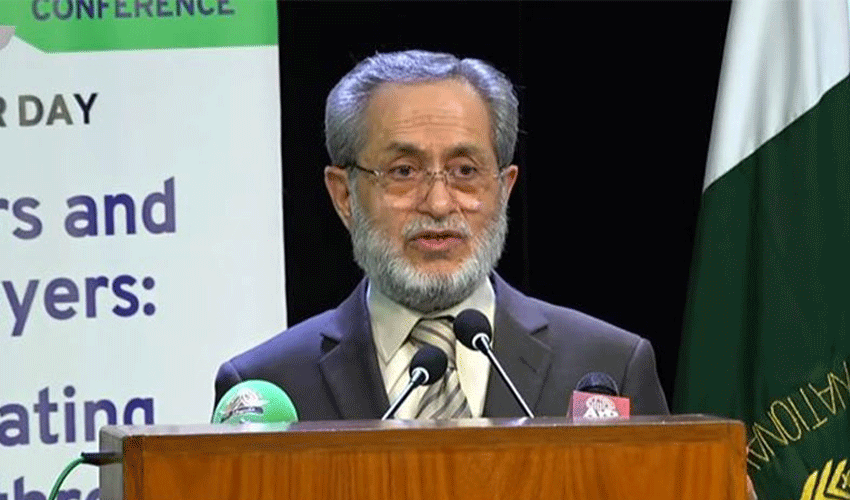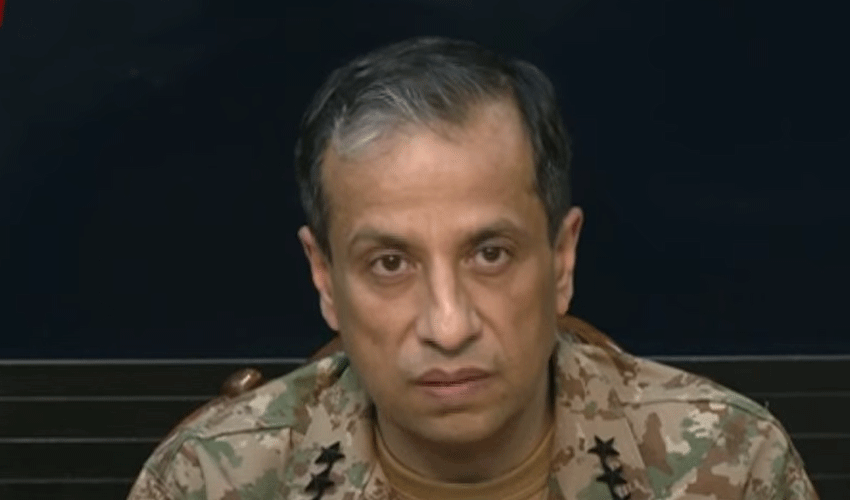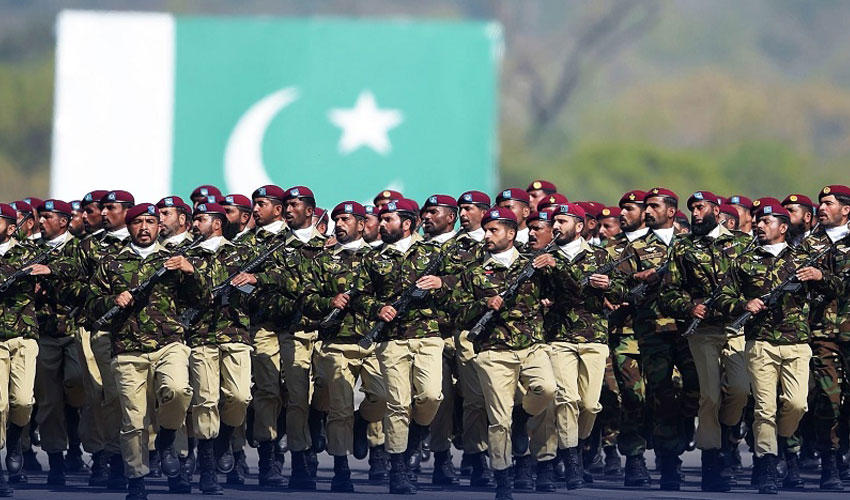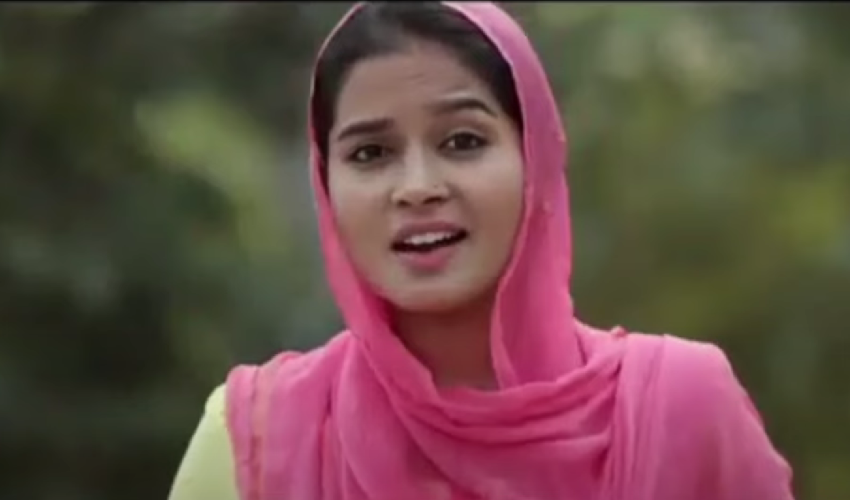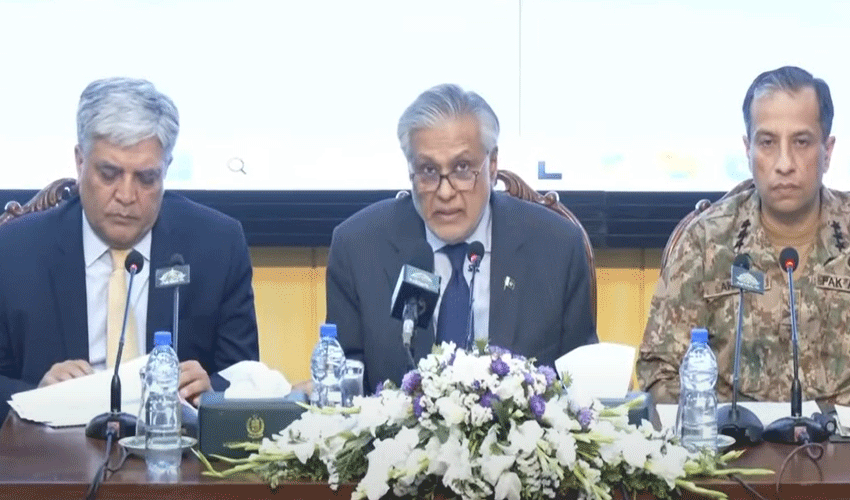Supreme Court Judge Justice Jamal Mandokhel expressed deep concerns over the state of justice in the country, stating that judges do not always deliver justice as expected.
Speaking at event on May 1 - Labour Day in Islamabad, Justice Mandokhel highlighted the challenges judges face in their decision-making processes and emphasized the responsibility they carry to uphold the Constitution.
"Justice is the work of Allah," he remarked, adding that judges only make decisions based on the documents presented to them.
Justice Mandokhel acknowledged the difficulties faced by judges, particularly when making decisions that may affect people's lives. "The question is whether we are doing justice to our work," he said, reflecting on his role and the oath he took to protect the rights of the nation. He also expressed his fear of possibly violating his oath, underscoring his commitment to upholding the Constitution without any external pressure or bias.
Justice Mandokhel also discussed the importance of dialogue and collaboration in resolving issues, stressing that "every person in any organization has the right to form a union."
He cited the example of his home province, which is known for its mining industry, urging the government to enact laws that protect the rights of workers in hazardous conditions.
He further emphasised that the rights enshrined in the Constitution should be available to everyone, and no worker should be treated as a slave. "We make decisions and protect them according to the Constitution," he stated. "Whatever decision we have to make, we have to do it without coming under pressure, fear, or greed from anyone."
In a statement of assurance to the public, Justice Mandokhel, speaking on behalf of himself and his fellow judges, pledged to continue protecting justice and the rights of the citizens. He called for more open dialogue, suggesting that many issues could be resolved through discussion and mutual understanding.
"Let’s sit together on whatever issue there is," he said, stressing the need for unity and collective problem-solving in both the judiciary and broader society. Justice Mandokhel concluded by acknowledging the challenging nature of his position, and with a light-hearted comment about his colleague Siddiqui Sahib, he highlighted the value of having honest, open conversations within the judiciary.





